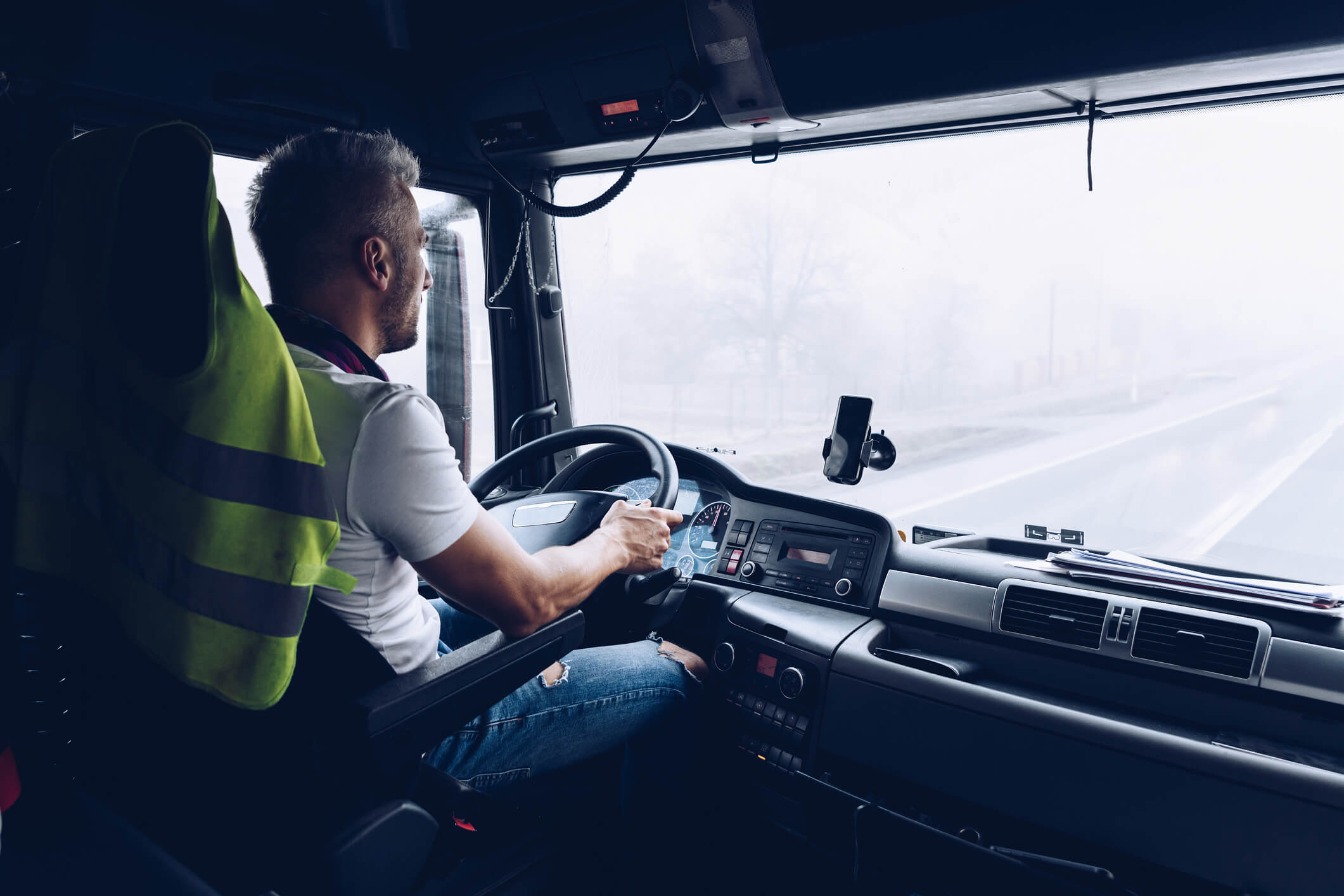In accidents involving privately owned trucks, the lines of liability can be blurred. This blog addresses the complexities of determining liability. While the primary claim might be against the truck owner or driver, there are scenarios in which other entities could be held liable, depending on contractual obligations, the nature of the goods being transported, and the specifics of the accident.
Accidents involving large trucks can have devastating consequences. When such accidents occur, determining liability becomes crucial in ensuring that victims receive the compensation they deserve. If you were injured by a truck driver operating a truck that they owned and not the company they were hauling for, you are probably wondering whether you may be able to bring a claim against other parties, such as the company, and not just the driver.
A company can potentially be held liable for an accident caused by a truck driver even if the driver is using their privately owned truck. Liability in such cases often hinges on the concept of “vicarious liability” or “respondeat superior,” which holds employers responsible for the actions of their employees carried out within the scope of their employment. Here are some key considerations in determining whether Accompany can be held liable in this scenario:
- Scope of employment: If the truck driver was performing work-related tasks or carrying out duties on behalf of the company at the time of the accident, the company may be held responsible. This is especially true if the driver was hauling goods, making deliveries, or engaging in any other activities directly related to their employment with the company.
- Employee-employer relationship: The true nature of the relationship between the truck driver and the company is crucial. If the driver is an employee of the company, the company is generally more likely to be held liable for the driver’s actions. On the other hand, if the driver is an independent contractor, the liability may shift more towards the individual driver.
- Control and supervision: The level of control and supervision exerted by the company over the driver’s activities is a significant factor. If the company exercises substantial control over how, when, and where the driver performs their duties, it strengthens the argument for vicarious liability.
- Hauling for the benefit of the company: If the truck driver is hauling goods or performing services that directly benefit the company, it strengthens the connection between the driver’s actions and the company’s interests. Courts may be more inclined to hold the company liable in such situations.
In addition to the truck driver and the company they were hauling for, there may be others who could be held responsible for the damages caused by a truck accident. For instance, if the driver took the truck for its required maintenance and the repair shop failed to properly fix or conduct truck maintenance, and that rendered the truck dangerous, the repair shop could be held liable. If there was a dangerous defect in the truck, the truck manufacturing company may also be held responsible under a product liability claim.
Contact Our Syracuse Personal Injury Attorneys
Have you been injured in a truck accident? Let the team at CDH Law take care of enforcing your legal rights against the liable parties so that you can focus on your healing and recovery. Contact us today.



